Veni-grants for eleven UG researchers
The Dutch Research Council (NWO) has awarded a Veni grant of up to €320,000 each to eleven researchers of the University of Groningen and the UMCG: Quentin Changeat, Wen Wu, Femke Cnossen, Stacey Copeland, Bart Danon, Gesa Kübek, Hannah Laurens, Adi Stoykova, Frank Tsiwah, Qian Huang and L. van Olst. The Veni grants are designed for outstanding researchers who have recently gained a PhD.
NWO selects researchers based on the academic quality and the innovative character of the research proposal, the scientific and/or societal impact of the proposed project, and the quality of the researcher. The Veni grants, together with the Vidi and Vici grants, are part of the NWO Talent Programme. In total, the NWO has provided Veni funding to 200 researchers nationwide.
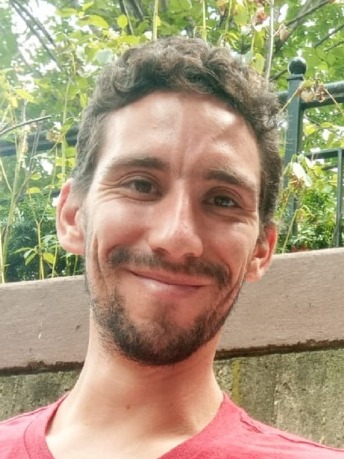
Exoplanet Atmospheres with Next-generation Space Telescopes
Quentin Changeat, Faculty of Science and Engineering
Next-generation Space Telescopes like JWST and the upcoming Ariel can help us uncover the secrets of distant planets (exoplanets) by studying their atmospheres. This project will develop new techniques to handle large amount of telescope data and uncover patterns across 100s to 1000s of planets. By carefully studying the light of a wide variety of exoplanets, we will learn about their chemical makeup, weather, and understand how worlds beyond our solar system formed and evolved.
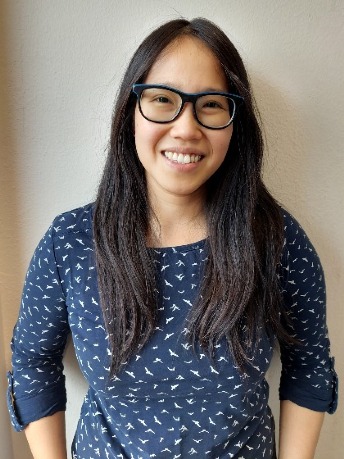
Smaller but better: Engineering small Cas12f prime editors for gene therapy
Wen Wu, Faculty of Science and Engineering
CRISPR-Cas gene therapy has incredible potential to treat genetic diseases, by cutting and repairing faulty DNA sequences and will play a key role in the future of precision medicine. Although some molecular scissors currently in use are effective, they are still limited in use and far from perfect. Delivering large molecular scissors to specific parts in the human body remains a major challenge. This research focuses on studying and optimizing smaller molecular scissors to make them more efficient, precise, and robust for genome editing. By creating these compact tools, this work aims to enable safer, targeted treatments for genetic diseases.
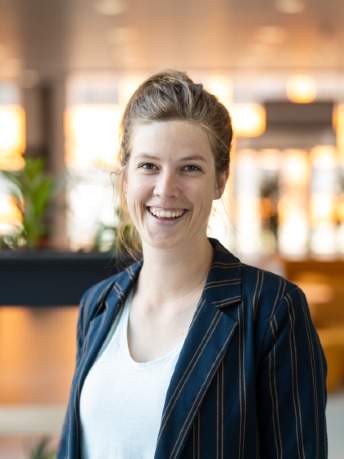
AI and the Future of Work: Are we learning the right skills?
Femke Cnossen, Faculty of Spatial Sciences
AI technologies are rapidly advancing and can now substitute not only routine tasks but also complex ones, such as programming and writing. What are the implications of these developments for the job market? And are workers sufficiently prepared for this? This project uses AI tools to compare the content of educational programmes with tasks that AI can already perform. It shows which skills are at risk of being replaced ("AI as competitor"), which are complementary ("AI as co-worker"), and which are not yet affected. This provides valuable insights for educational programmes so that students can keep learning the right skills.
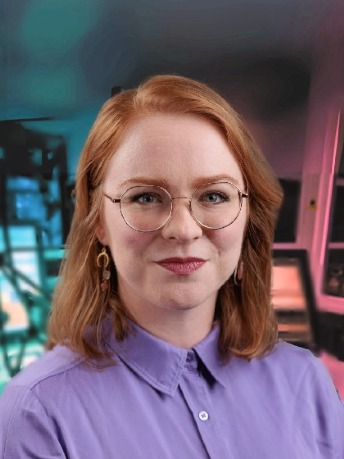
From Protest to Podcast: The Sonic Politics of Queer Netherlands
Stacey Copeland, Faculty of Arts
The Netherlands has a reputation as a leader in LGBTQ rights, but the country's rich history of LGBTQ media remains underexposed internationally. As LGBTQ rights are being eroded and compromised around the world, we must ask ourselves: What can we learn by listening back to the development of LGBTQ+ activism through radio made by and for the queer community? Crucial lessons risk being lost if we overlook radio’s pivotal role in LGBTQ activism. In this project, I bring radio archives into conversation with today's community to develop forward-looking media policies and production practices.
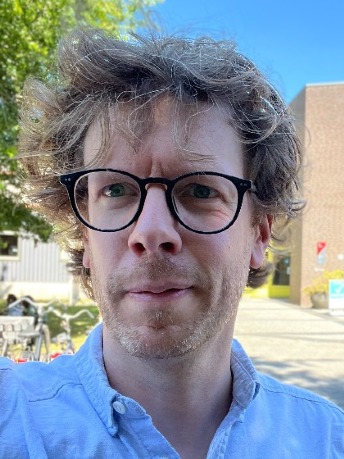
Uneven opportunities of Empire
Bart Danon, Faculty of Arts
The benefits of the Roman Empire were distributed geographically very unevenly. While elites from some regions managed to penetrate the central power structure in large numbers, thus boosting their wealth and power, others lagged behind. This research shows that variations in economic integration within regions underpinned these different outcomes between regions. These historical patterns shed new light on the uneven regional development in today’s globalised world.
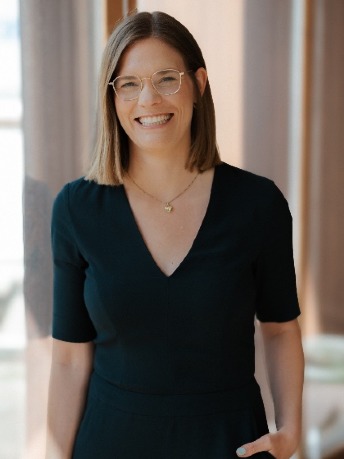
ShEUtrades: Enhancing Women’s Economic Empowerment through EU Trade Policy
Gesa Kübek, Faculty of Law
The world is far off-track from achieving gender equality (UNSDG 5). Trade could be an important instrument for eliminating economic gender inequalities. Yet, it remains unclear how trade policies should be changed to ensure that women equally participate in and benefit from trade. I investigate how women’s economic empowerment can be enhanced through EU trade law and practice. My project brings together women scholars and practitioners to develop legal solutions and best institutional practices for enhancing gender equality and women’s empowerment through foreign (trade) policy. In so doing, it amplifies women’s voices and perspectives in both scholarship and policymaking.
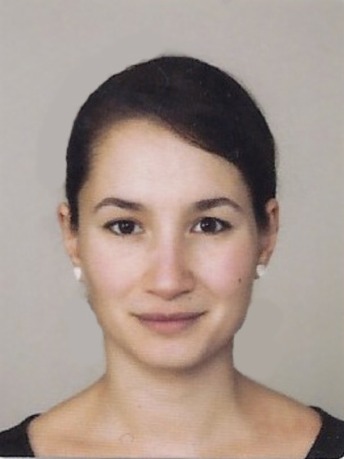
Life, Pleasure, Fulfilment: Ancient Theories of Consciousness
Hannah Laurens, Faculty of Philosophy
Cogito, ergo sum: many scholars believe Descartes ‘invented’ the idea of consciousness. Earlier thinkers such as Plato and Aristotle lacked the requisite word and therefore lacked the concept – or so it is argued. This project challenges this outlook and reveals the richness of ancient theories of consciousness. Although the ancients did understand consciousness differently, the notion was fundamental to core areas of their philosophy: they saw it as definitive of life and key to selfrealisation and fulfilment. Uncovering the role of consciousness in ancient philosophers’ thought, this research enables us to reappreciate their views and recognise their renewed relevance today.
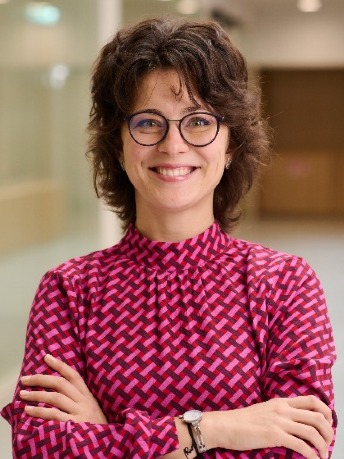
Algorithmic Detectives: Fair Trial and Reliability Assessment of AI Digital Forensics in Criminal Investigations
Adi Stoykova, Faculty of Law
Law enforcement is increasingly using artificial intelligence (AI) to examine digital data for evidence, but how reliable is this evidence, and does it uphold human rights in criminal investigations? This project compares evidence laws in the Netherlands and Germany, focusing on AI regulation and forensic validation. Through legal analysis and case studies, it will assess the reliability of AI systems in various investigation scenarios and identify potential risks to individual rights. The goal is to develop new standards and guidance that ensure AI digital forensics are reliable, aligned with human rights protections, and support the integrity of criminal investigations.
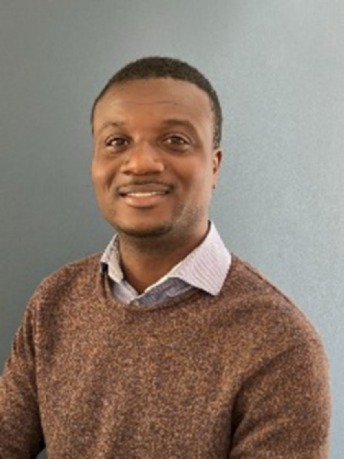
Language Technology Can Help Aphasic Individuals to Find Their Missing Words
Frank Tsiwah, Faculty of Arts
Aphasia is a language disorder affecting many stroke survivors. This condition makes finding words incredibly challenging, like a constant "tip of the tongue" feeling. Current treatments often fail to address this problem in real-world communication settings. For this project, I will use advanced artificial intelligence (large language models) to create a next-word prediction system that understands aphasic speech and then suggest appropriate words when people with aphasia cannot find the right word. With this assistive technology, I aim to help individuals with aphasia to communicate more effectively in their daily lives.
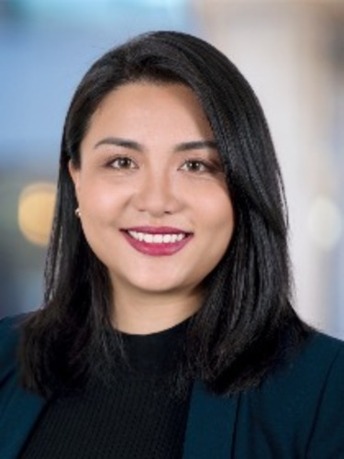
Negotiating Digital Visibility: Public Intellectuals’ Cautious Labor
Qian Huang, Faculty of Arts
Public intellectuals address public concerns critically and are instrumental for civil society. Cultivating digital visibility is an integral part of their work and has been intensified by digital platforms, which also exposes them to risks like online shaming and harassment. What are their struggles and tactics in balancing digital visibility? By comparing experiences from public intellectuals in three sectors in China and The Netherlands, this project provides an empirically informed conceptualization of cautious labor—the physical, cognitive, and emotional work in negotiating digital visibility. Subsequently, awareness videos, toolkits, and workshops are developed for public intellectuals’ safer digital visibility.
Cracking the code: understanding genetic control of immune responses in Alzheimer’s disease
Lynn van Olst, Faculty of Medical Sciences/ UMCG
Key hallmarks of Alzheimer’s disease (AD) are harmful protein deposition and persistent inflammation in the brain. The genetic variant APOE-å4 greatly increases risk to develop AD, yet it is unclear how this gene variant changes the immune responses of the brain. This research focuses on epigenetics, the system that regulates gene activity without changing the underlying DNA sequence. By using advanced sequencing and stem-cell models, this project will clarify how APOE-å4 changes gene activity in brain immune cells. These findings will lead to a better understanding, and potentially reversing, of the epigenetic processes that drive dysfunctional immune responses in AD.
More news
-
27 January 2026
ERC Proof of Concept grant for Maria Loi
